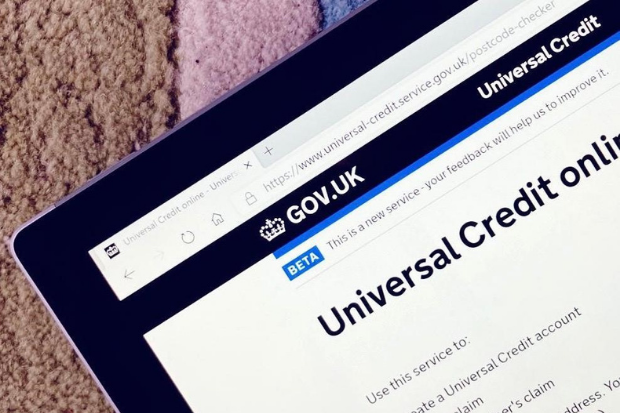Contract with software firm Eggplant runs until end of July
Credit: Steve Parsons/PA Wire/PA Images
The coronavirus contract-tracing app is one month into an 11-week programme of load testing that began on 16 May, newly published commercial documents have revealed.
The app, developed by NHSX, began public testing on the Isle of Wight early last month – initially on 5 May for healthcare workers, then on 7 May for all residents of the island.
In the days leading up the launch, and for about a week thereafter, the government stuck to its line that the application would be rolled out nationwide in “mid-May”. This timeline was then amended to a plan to launch sometime before the end of May and, recently, has been no more precise then sometime “in the coming weeks”.
It remains unclear if and when the app might be ready for launch, with the technology now being characterised by ministers and officials as a “cherry on top” of the contact-tracing scheme, rather the central pillar of the programme.
A newly published contract award notice reveals that, on 15 May, the Department of Health and Social Care invoked emergency measures allowing public bodies to bypass the usual procurement processes in matters of “extreme urgency” in its direct award of a contract to software company Eggplant.
Related content
- MPs and peers call for urgent data-protection law for contact-tracing app
- How Denmark aims to ‘create trust’ in contact-tracing tech
- DHSC finds that Serco ‘processes have been strengthened’ after contact-tracing data breach
The DHSC has awarded the software firm a £213,600 deal – which runs until 31 July – to deliver a “managed load test” service for the contact-tracing app.
The contract covers licensing for Eggplant’s software performance-testing tools, as well a total of 57 working days – including 10 weekend days – of staff time.
Load testing is a process in which usage by a large number of users is simulated to test the capacity and performance of software tools in development and identify any issues.
In the DHSC’s case, it has asked Eggplant to first “establish the levels of load that need to be generated” for an effective test, and then designing the test regime and the outcomes to be tested.
The firm will also be expected to ensure that its tests provide “an accurate reflection of real-world system behaviour”. It will also need to work with third parties, the contract said, “to ensure that all relevant parts of the application can be tested”.
The load-testing work will also need to establish that the app functions correctly with low volumes of usage, and also that uses of the app “populate the database with the right data”.
The software company – which specialises in “AI-assisted testing” products – will need to provide government with “visibility of the tests whilst they are running to allow the correct correlations to be made”.
It will also analyse and report results and, “when the final tests have been completed, a summary report of the most relevant testing activity” must be provided to DHSC.
The contract allows for two four-week extensions, if deemed necessary by the department.
While the wait goes on for the app to be rolled out nationwide, the government launched its manual test-and-trace scheme on 29 May. But independent scientific experts have warned that the programme is not yet “fit for purpose”.



